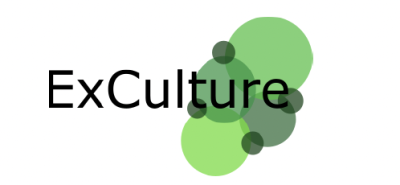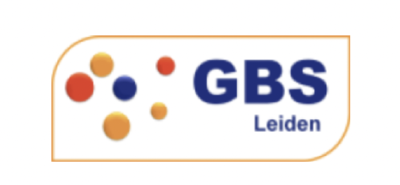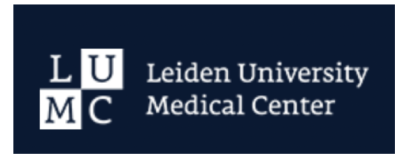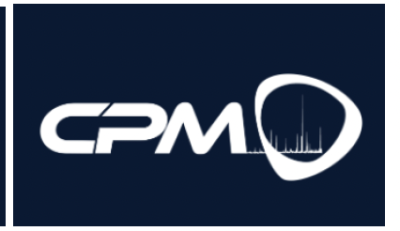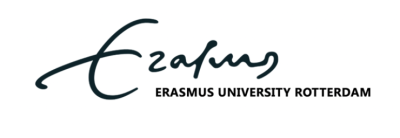Animal-free heparin production and characterisation
Our project, in collaboration with a newly established public-private partnership between ExCulture, Good Biomarker Sciences (GBS), Leiden Medical Center - Center for Proteomics and Metabolomics (LUMC - CPM) and Erasmus Medical Center (EMC), aims to revolutionise heparin production using an innovative animal-free, fermentation technology (EXC tech).
Demand for heparin is expected to increasingly mismatch the current production capacity due to an ageing global population and the rise of chronic diseases. The current standard heparin production method is heavily reliant on the pig slaughter industry, particularly from China. With this project’s introduction of an animal-free alternative, we mitigate the risk associated with shortages and safety issues, ensuring access to this vital medication for all patients.
Through this collaborative effort, we aim to characterise the alternative heparin coming from ExCulture’s fermentation technology (EXC tech). Our research plan includes comprehensive analysis stages to demonstrate comparability with porcine heparin. The LUMC will perform chemical characterisation studies on EXC hep. Good Biomarker Sciences (GBS) Leiden will perform safety and bioactivity testing on EXC hep, while also exploring anti-immunothrombotic potential. The Cardiology department at Erasmus MC will utilise experimental thrombosis-on-a-chip test systems to make a more systematic assessment of the product.
At the end of the project, ExCulture will have validated and optimised its bioprocess for alternative heparin production and advanced its preclinical development toward the path for in-human studies. Project outcomes will be incorporated into a portfolio for preclinical assay evaluation of heparinoid therapeutics by GBS, analytical capacities of complex polysaccharides by LUMC and translational research capacity by EMC.

